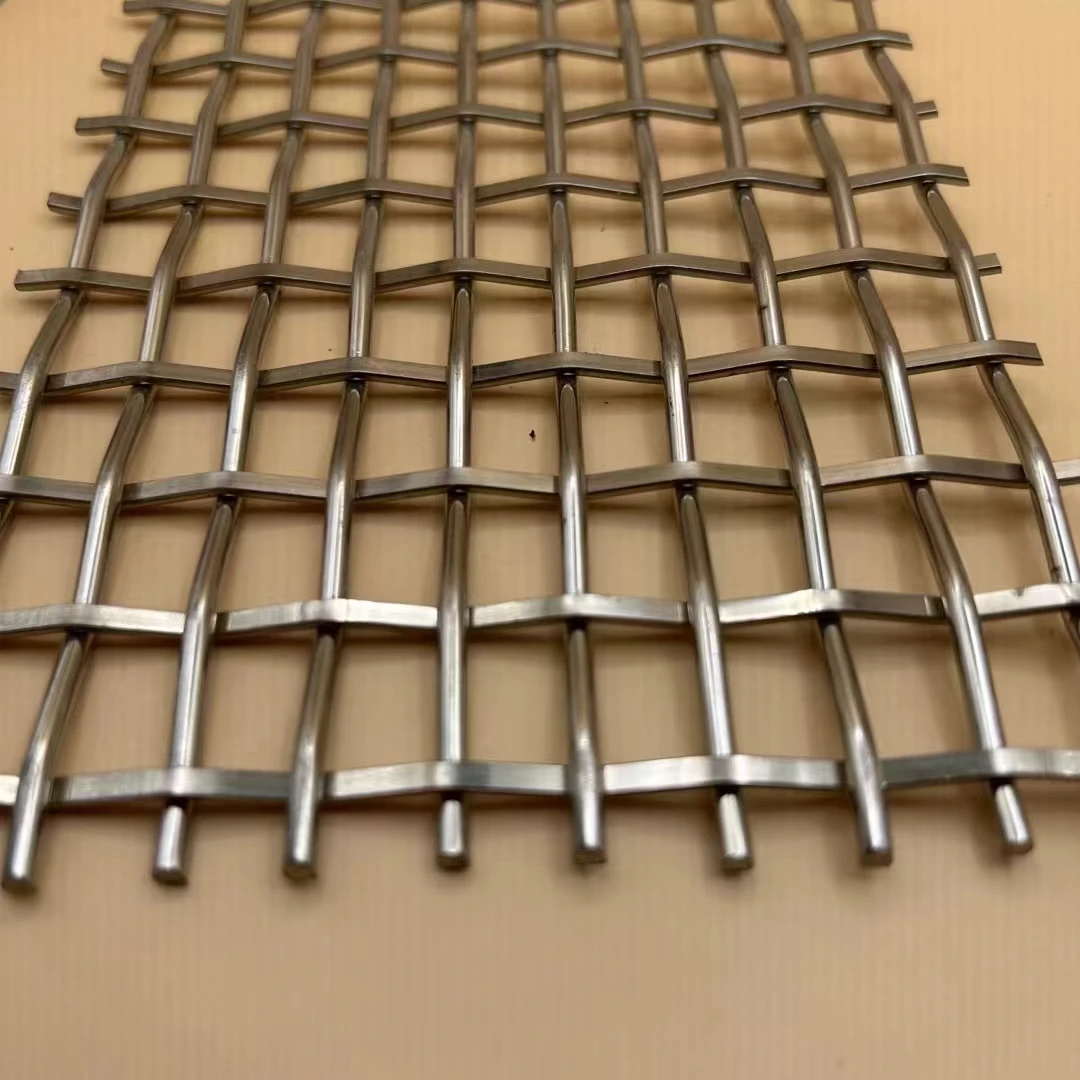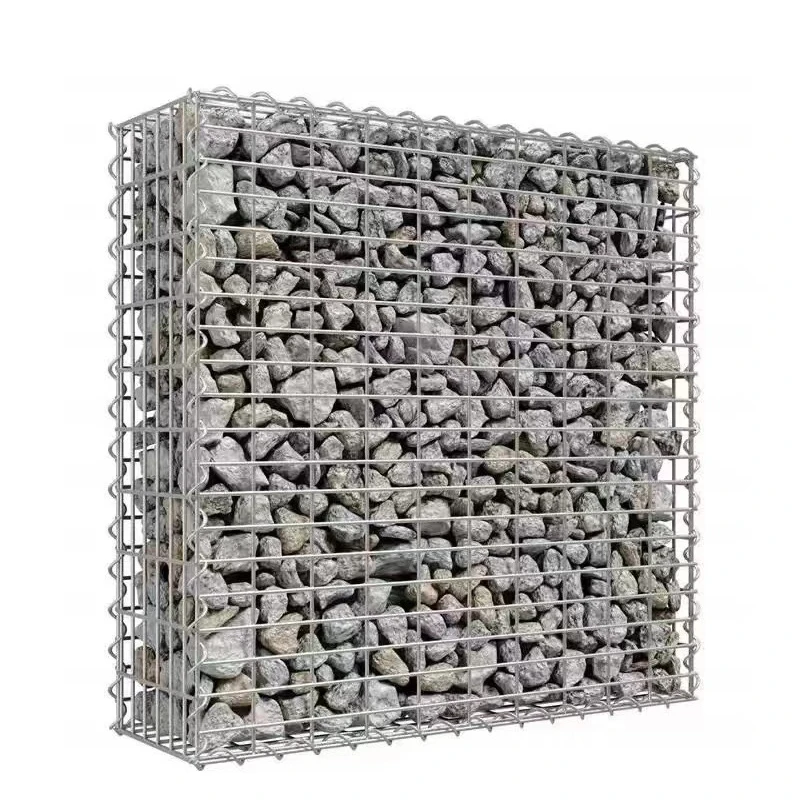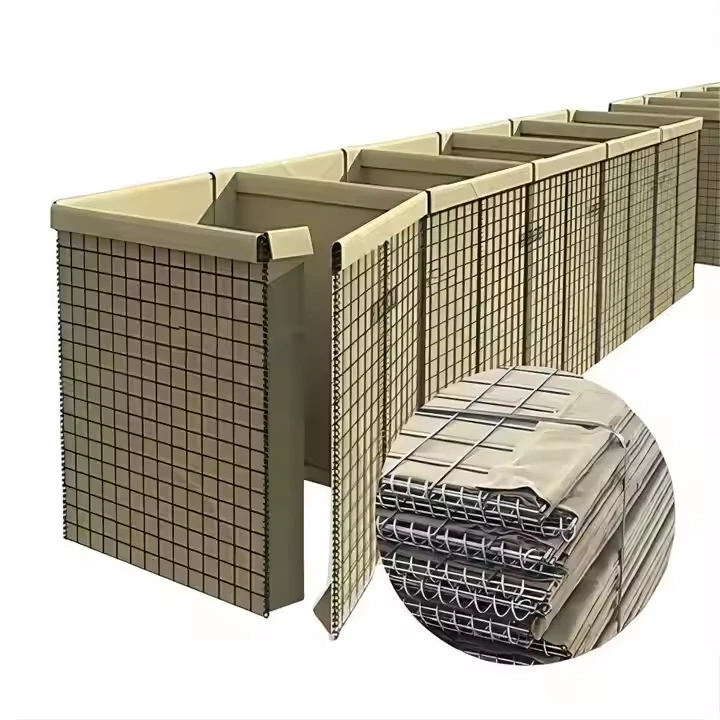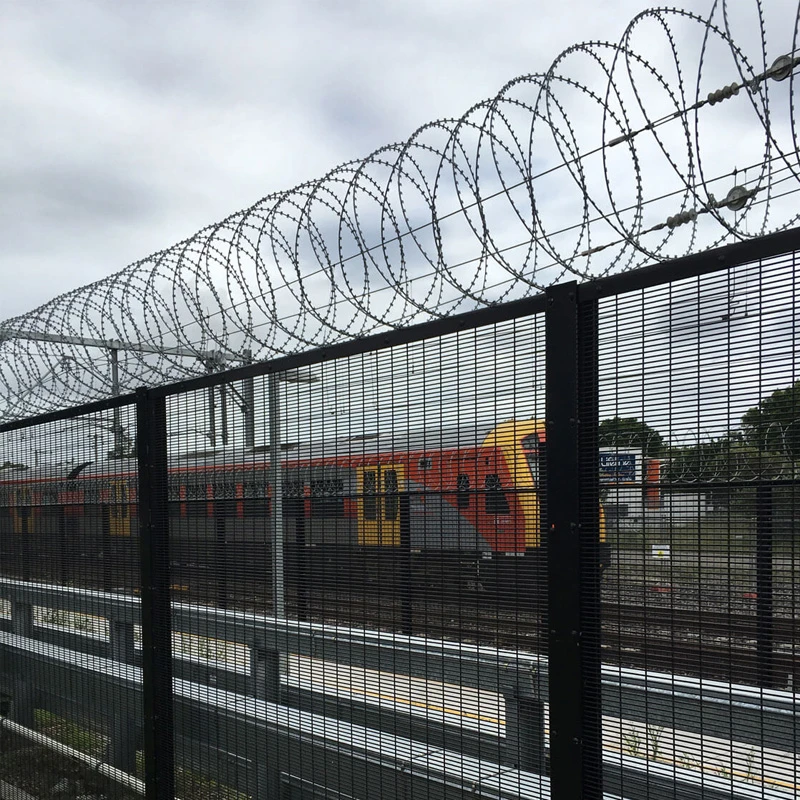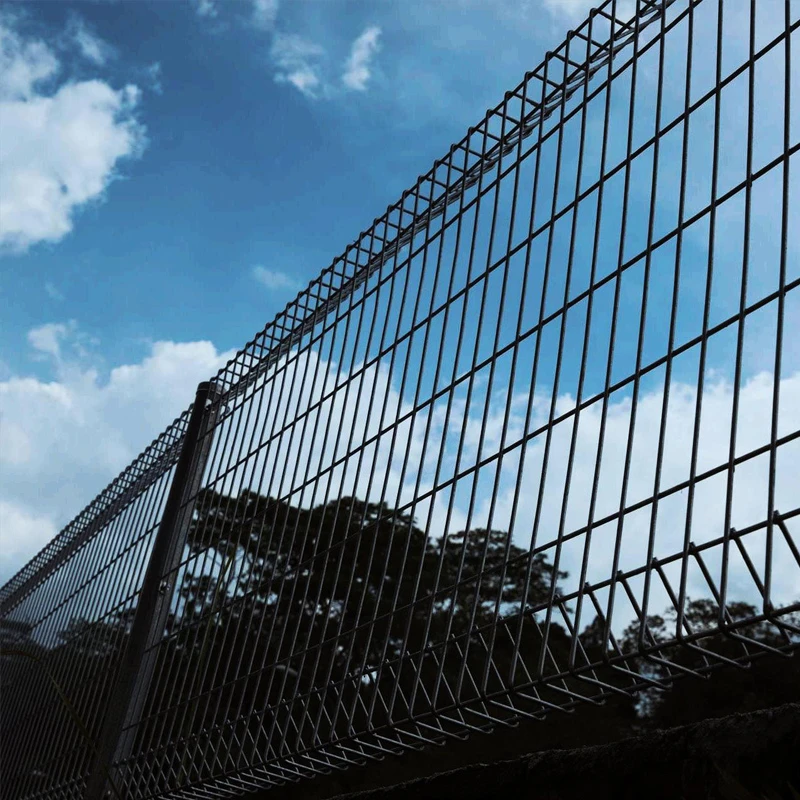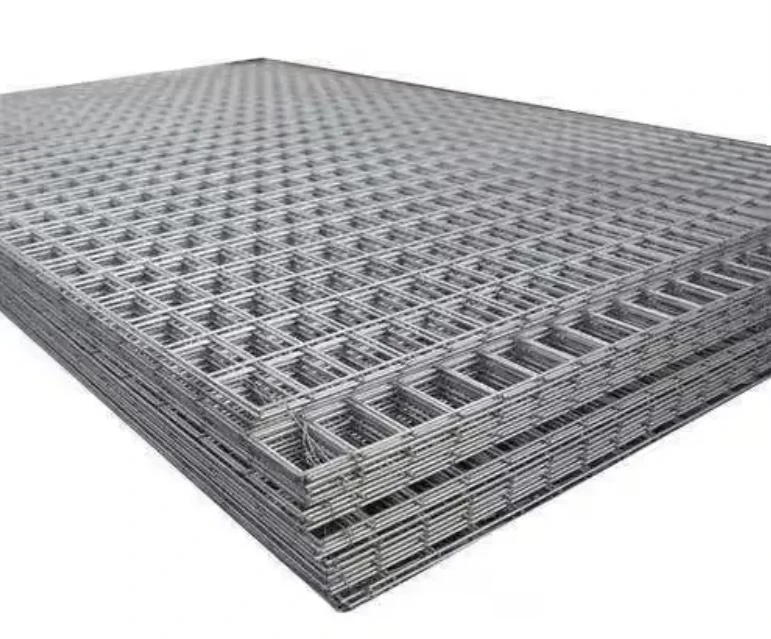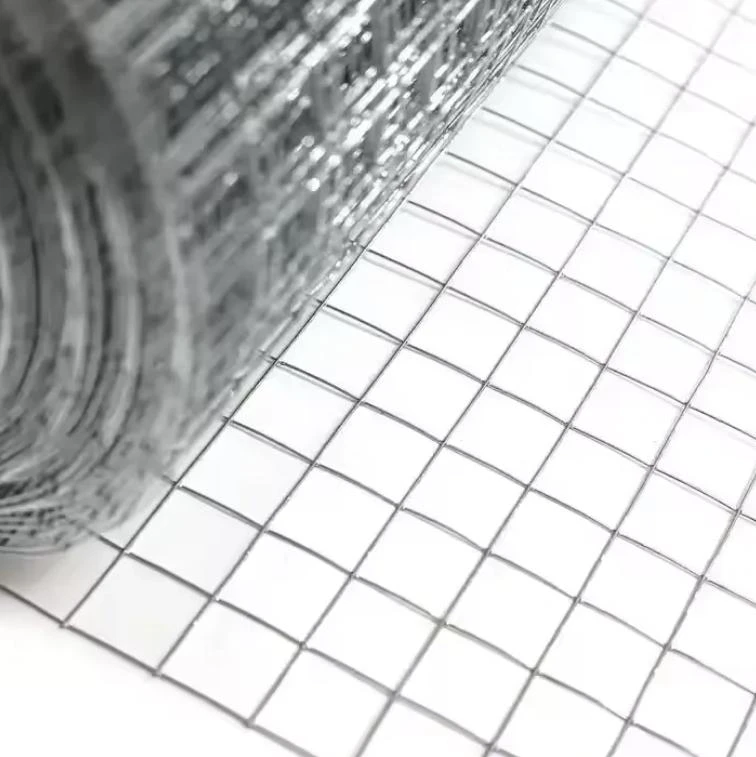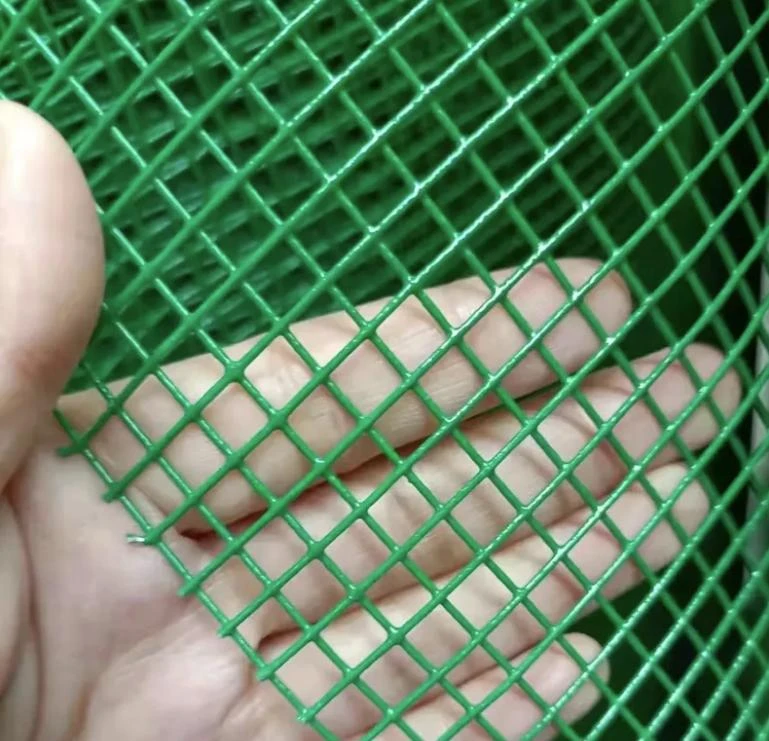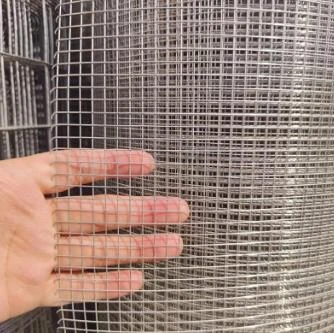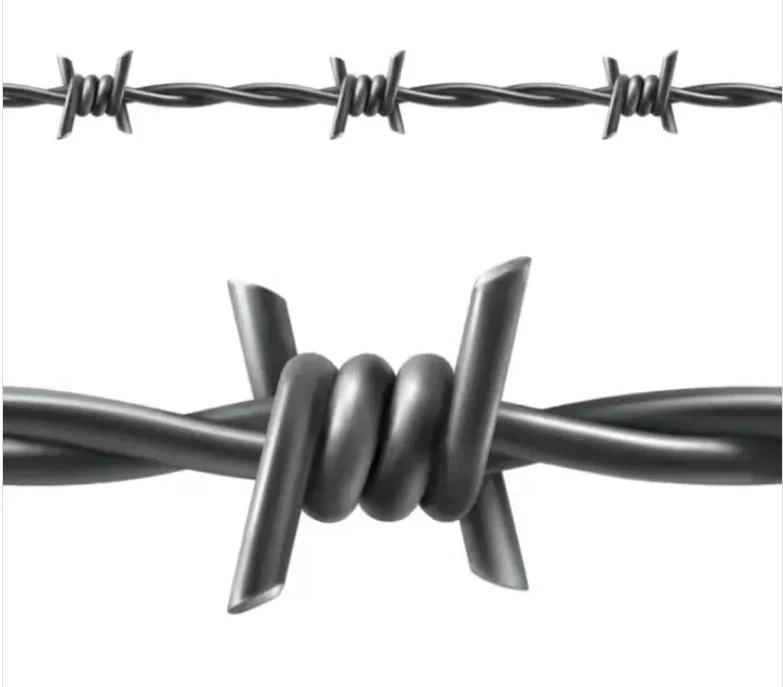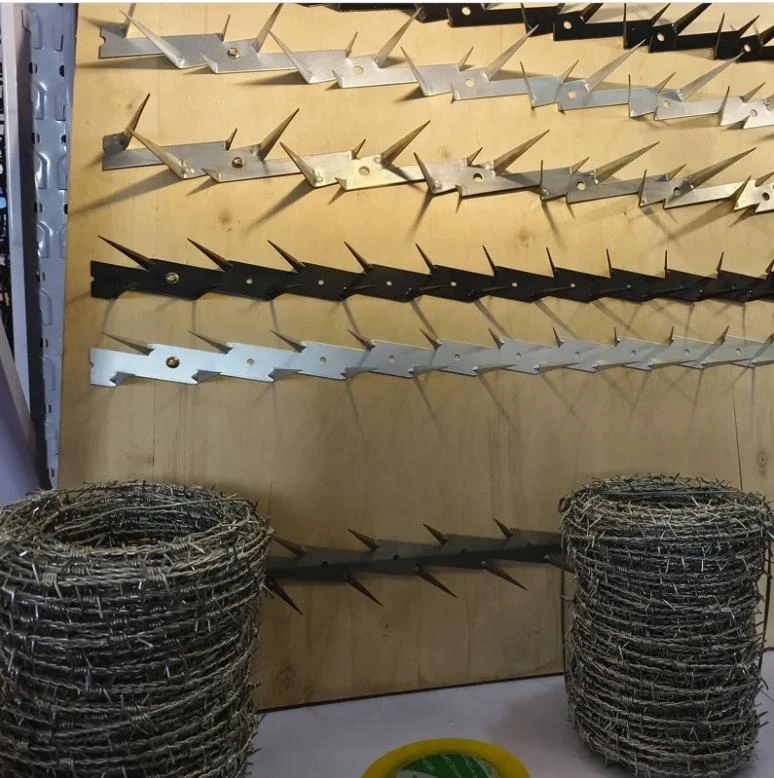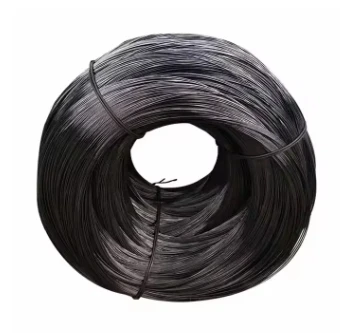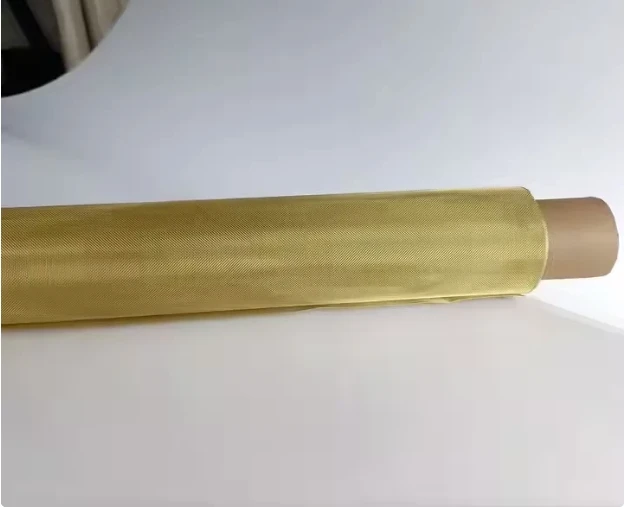مقدمة عن شبكة الأسلاك المربعة
في المشهد المتطور باستمرار للبناء والتصنيع والتطبيقات الصناعية المختلفة، فإن الطلب على المواد الموثوقة والمتعددة الاستخدامات أمر بالغ الأهمية. ومن بين هذه المواد، تبرز شبكة الأسلاك المربعة كخيار مفضل في العديد من القطاعات. بفضل خصائصها الفريدة وتطبيقاتها الواسعة النطاق، اكتسبت شبكة الأسلاك المربعة شعبية في دول حول العالم، وذلك بفضل جودتها الاستثنائية وتقنيتها المتقدمة ومزاياها العديدة.
الشبكة السلكية المربعة هي نوع من الشبكات السلكية المنسوجة التي تتميز بفتحاتها ذات الشكل المربع. وهي مصنوعة عادة من الفولاذ عالي الجودة أو الفولاذ المقاوم للصدأ أو مواد متينة أخرى، مما يضمن القوة وطول العمر. يتم إنتاج الشبكة من خلال عملية نسج تخلق نمطًا يشبه الشبكة، مما يجعلها مناسبة لتطبيقات مختلفة، من البناء إلى الزراعة.
وصف المنتج
1.Material: AISI302, 304,316,316L,310S,410,430,904L,2205,2507,etc
2.Wire Diameter: 0.015-2.8mm
3. عدد الشبكات:
Plain weave can be woven up to 400 mesh.
Twill weave can be woven from 400 to 635mesh.
Dutch weave can be woven up to 3500mesh
- نمط النسيج:
نسج عادي، نسج مائل، نسج هولندي، إلخ.
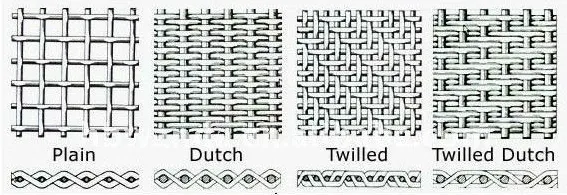
سمات
مقاومة التآكل.
مضاد للأحماض والقلويات
مضاد لدرجات الحرارة العالية.
أداء فلتر جيد.
عمر طويل للاستخدام
طلب
في ظروف البيئة الحمضية والقلوية يتم النخل والترشيح.
صناعة البترول كشبكة طينية.
صناعة الألياف الكيميائية كشبكة شاشة.
صناعة الطلاء كشبكة تنظيف حمضية.
تفاصيل المنتج
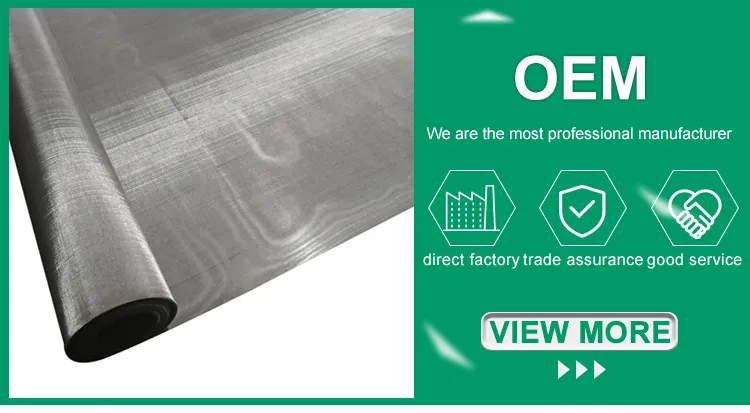
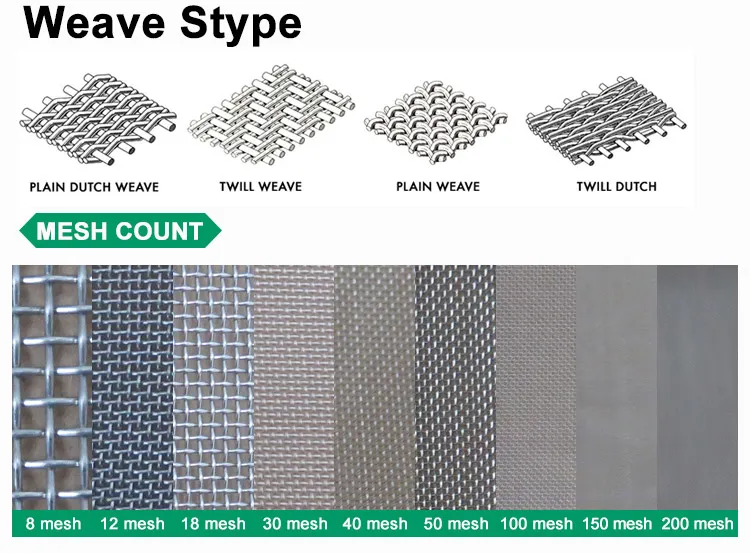
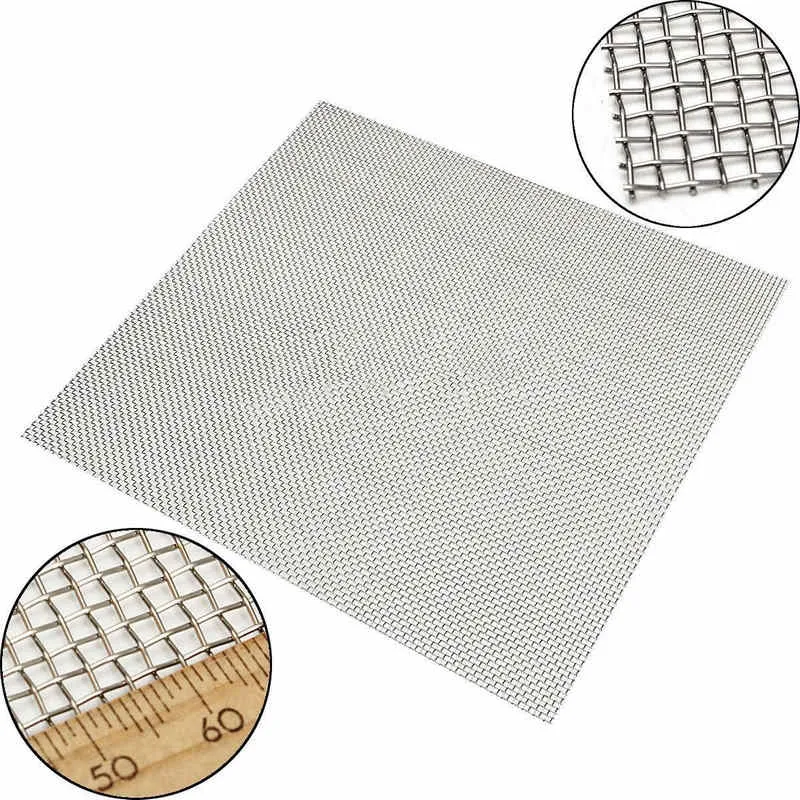
جودة يمكنك الوثوق بها
شبكة الأسلاك المربعة مصنوعة من مواد عالية الجودة، مما يضمن أنها تلبي المعايير الصارمة التي تطلبها الصناعات المختلفة. عادة ما تكون مصنوعة من الفولاذ المقاوم للصدأ أو الفولاذ المجلفن أو معادن متينة أخرى، وقد تم تصميم هذه الشبكة لتحمل الظروف البيئية القاسية. يوفر هيكلها القوي مقاومة ممتازة للتآكل والصدأ والتآكل، مما يجعلها مناسبة للتطبيقات الداخلية والخارجية. تسمح الفتحات المربعة الموحدة في الشبكة بأداء ثابت، مما يضمن قدرتها على التعامل مع متطلبات أي مشروع.
المزايا التي تبرز
من أهم مزايا شبكة الأسلاك المربعة تعدد استخداماتها. ويمكن استخدامها في العديد من التطبيقات، بدءًا من الأسوار والحواجز الأمنية إلى أنظمة الترشيح والتصميمات المعمارية. تتوفر الشبكة بأحجام ومقاييس أسلاك مختلفة، مما يسمح بالتخصيص لتلبية متطلبات المشروع المحددة. تجعلها هذه القدرة على التكيف خيارًا مثاليًا للصناعات مثل الزراعة والبناء والتعدين والتصنيع.
من الفوائد المهمة الأخرى سهولة تركيبها. يمكن قطع الشبكة السلكية المربعة وتشكيلها ولحامها بسهولة، مما يجعلها خيارًا مناسبًا للمقاولين وهواة الأعمال اليدوية على حد سواء. طبيعتها خفيفة الوزن تسمح بالتعامل المباشر، مما يقلل من تكاليف العمالة والوقت أثناء التركيب. بالإضافة إلى ذلك، يعزز التصميم المفتوح للشبكة تدفق الهواء والصرف، مما يجعلها خيارًا ممتازًا لتطبيقات تنسيق الحدائق والبستنة.
بيئة الاستخدام
تم تصميم الشبكة السلكية المربعة لتؤدي أداءً استثنائيًا في بيئات متنوعة. في البيئات الزراعية، تُستخدم عادةً لتسييج الماشية، وإنشاء تعريشات للنباتات المتسلقة، وكحواجز وقائية للمحاصيل. في البناء، تعمل كدعامة للخرسانة، مما يوفر قوة واستقرارًا إضافيين للهياكل. تُستخدم الشبكة أيضًا على نطاق واسع في التطبيقات الصناعية، مثل تصنيع الشاشات والمرشحات ووسائل الحماية.
Weave Patterns Explained: Plain, Twill & Dutch Weave in Square Wire Mesh
The performance of square weave mesh hinges on its weave pattern, with plain, twill, and Dutch weaves each engineered to meet distinct industrial demands. JINJIU’s expertise in metal weave mesh ensures each pattern—crafted from materials like stainless steel weave mesh—delivers precision, strength, and versatility across applications.
Plain weave, the most recognizable pattern, features alternating warp and weft wires crossing at 90-degree angles, creating uniform square or rectangular openings (0.5mm to 10mm). This simplicity makes square weave mesh ideal for general-purpose uses: as safety guards for machinery, where visibility and airflow matter, or as fencing for animal enclosures. Constructed from metal weave mesh (carbon steel or stainless steel), plain weave balances cost-effectiveness with durability. For corrosive environments—such as chemical processing plants—stainless steel weave mesh in plain weave resists rust, ensuring long-term reliability.
Twill weave introduces a diagonal texture, formed by warp wires passing over two or more weft wires before alternating. This design enhances tensile strength, making it suitable for high-stress applications. Square weave mesh in twill weave often uses thicker wires (0.8mm to 3mm), making it a top choice for heavy-duty industrial filters or reinforcing panels in construction. Its dense structure blocks debris while maintaining structural integrity, a trait amplified when crafted from stainless steel weave mesh for resistance to high temperatures or pressure.
Dutch weave stands out for its tight, dense pattern: finer weft wires are closely spaced and woven over/under thicker warp wires, creating a smooth surface with minimal openings (as small as 0.02mm). Dutch weave mesh excels in precision filtering—from water treatment (removing micro-particles) to pharmaceutical manufacturing (sifting fine powders). JINJIU’s Dutch weave mesh uses stainless steel weave mesh as standard, ensuring chemical resistance and easy cleaning, critical for sterile environments.
Each pattern in square weave mesh serves a purpose: plain for accessibility, twill for strength, and Dutch for precision. As a leader in metal weave mesh, JINJIU tailors these patterns to industry needs—whether a plain weave fence for agriculture or Dutch weave mesh for high-purity filtration—proving that the right weave transforms a simple mesh into a targeted solution.
From Oil Filtration to Agriculture: Industrial Applications of Square Wire Mesh
Square weave mesh emerges as a versatile workhorse across industries, with its adaptability rooted in diverse configurations—from fine Dutch weave mesh to rugged metal weave mesh. JINJIU’s range, including corrosion-resistant stainless steel weave mesh, ensures tailored solutions for applications as varied as oil filtration and agricultural fencing.
In oil and gas, precision is non-negotiable, making Dutch weave mesh indispensable. Its tightly woven structure (with weft wires finer than warp wires) filters out micro-particles (as small as 0.01mm) from crude oil or hydraulic fluids, preventing equipment damage. Stainless steel weave mesh variants excel here: their resistance to high temperatures (up to 800°C) and chemical corrosion ensures longevity in refineries, where exposure to hydrocarbons and solvents is constant.
Water treatment facilities rely on square weave mesh for purification. Municipal plants use stainless steel weave mesh in sediment filters, capturing debris while withstanding chlorinated water. For industrial wastewater, metal weave mesh with larger openings (5-10mm) acts as a pre-filter, removing sludge before finer treatments—its durability allows for frequent backwashing without tearing.
Agriculture benefits from the mesh’s rugged simplicity. Square weave mesh fencing protects crops from wildlife: 2-5cm openings deter rodents and birds while letting sunlight penetrate. Livestock enclosures use heavier metal weave mesh, with 10-20mm openings containing cattle or sheep without restricting movement. In greenhouse settings, stainless steel weave mesh trellises support climbing plants (cucumbers, beans), resisting humidity and fungal growth better than plastic alternatives.
Construction and mining leverage square weave mesh for reinforcement. Metal weave mesh panels reinforce concrete in tunnels or retaining walls, distributing stress to prevent cracks. Mining operations use it as screens to separate ore sizes, with stainless steel weave mesh variants enduring abrasive materials and harsh chemicals.
Agricultural fencing finds square weave mesh ideal for containing poultry or livestock. It is uniform openings (2-10cm) balance visibility and security, while stainless steel weave mesh resists rust from rain or manure. For erosion control in farmland, it stabilizes soil on slopes, preventing runoff without hindering plant growth.
From deep-sea oil rigs to rural farms, square weave mesh adapts—with JINJIU’s Dutch weave mesh, stainless steel weave mesh, and metal weave mesh ensuring each application gets the precision it demands.




















